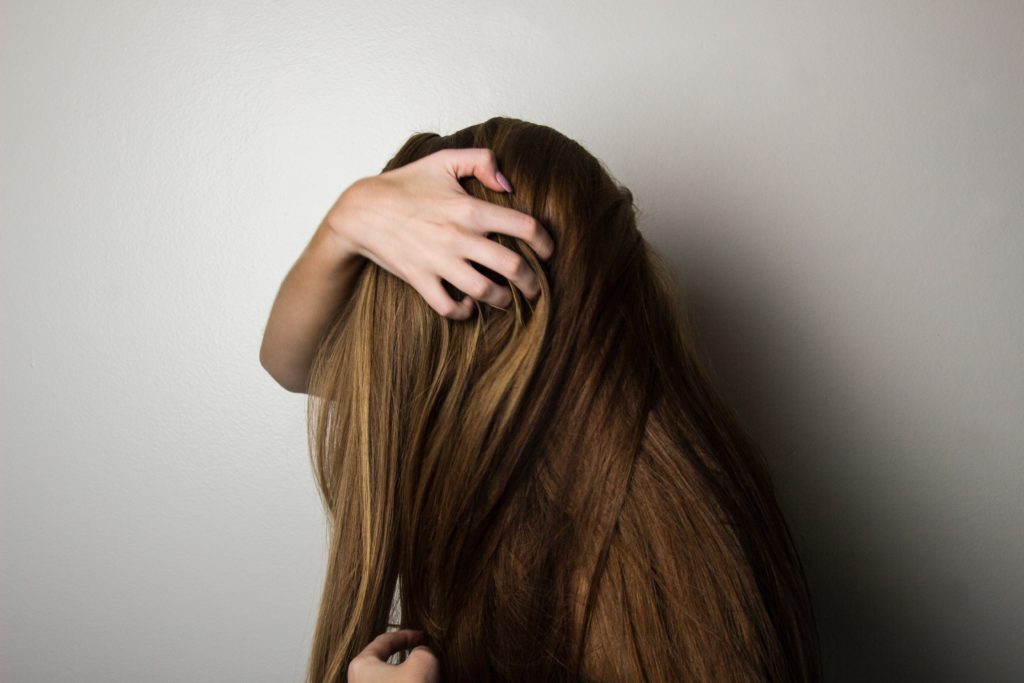
Hair loss is a normal physiological process, but when it comes to loss, the amount increases from 50 to 100 hairs per day. This is usually not a cause for concern, but sometimes the idea creeps in that it’s not all right when a lot of it stays in the hand or on the comb when you run it through your hair, and the shower drains in a progressively increasing amount after each wash.
The reasons, in fact, many. Well-known nutritionist talks about which of them is worth paying attention to:
Hair loss can be temporary, as well as caused by thyroid dysfunction – hypothyroidism or hyperthyroidism, infectious and autoimmune diseases.
Nutrient deficiencies can also cause hair loss. Extreme diets with too little protein and some micronutrients, such as iron, sometimes cause excessive hair loss.
The effects of COVID-19, reflected in the work of many organs and systems in the body, stress contributes to the deterioration of oxygen molecules in the hair follicles, which can lead to hair loss. For the same reason, women who have given birth may notice hair loss three months after the baby is born.
To prevent hair loss, you need to follow a few principles related to lifestyle.
First, work with stress.
Hair loss often causes panic, but this stressful vicious circle will lead to even greater loss. Give your body time and your hair the opportunity to recover within 6-9 months.
Secondly, if you smoke, you must remember that this bad habit impairs the recovery process, and binds oxygen molecules, blocking the saturation of hair follicles.
Third, maintaining the body in optimal condition under stress is a complete and balanced diet that includes sufficient protein, useful fats, zinc, selenium, biotin, iron and vitamin D.
Excellent sources of high quality protein are domestic eggs, poultry, fatty fish (preferably wild), legumes, dairy products.
Selenium is abundant in mushrooms, Brazil nuts, seafood, fish, garlic, eggs, pistachios, spinach.
Zinc is rich in pumpkin seeds, nuts, eggs, legumes, shellfish.




